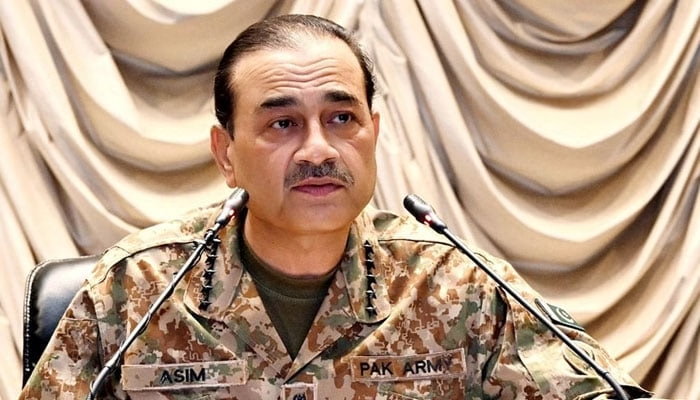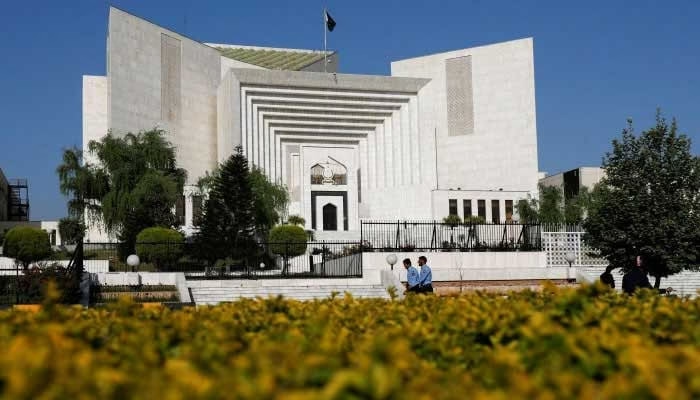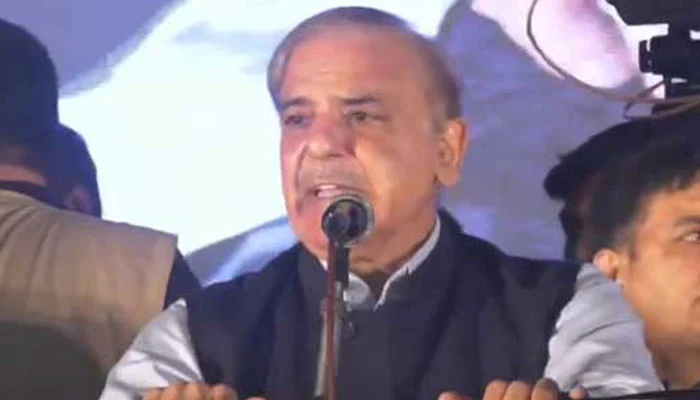Field Marshal Asim Munir, Chief of Army Staff (COAS), has strongly condemned India’s ongoing efforts to destabilize Pakistan through the use of sponsored proxy warfare. Speaking during his interaction with participants of the 16th National Workshop held in Balochistan, Field Marshal Munir said India had escalated its hybrid war strategy following its military defeat in the recently concluded conflict referred to as Marka-e-Haq, which lasted from April 22 to May 10.
According to the Inter-Services Public Relations (ISPR), Field Marshal Munir directly accused India of backing terrorist proxies with the intention of disrupting peace in Balochistan and weakening the deep-rooted patriotism of the province’s people. He declared that India’s blatant support of such elements is a failed and exposed tactic.
India’s Use of Hybrid Warfare and Sponsored Terror Proxies
The COAS emphasized that India’s use of Fitna-al-Khawarij and Fitna-al-Hindustan—described as tools of hybrid warfare—represents a continuation of its broader efforts to undermine Pakistan’s internal stability. Field Marshal Munir stated that these hostile elements, operating under foreign influence, would eventually meet the same fate as the forces that were defeated during the Marka-e-Haq conflict.
The ISPR also released a photo of Field Marshal Munir alongside the participants of the national workshop, underlining the military leadership’s direct engagement with stakeholders from across the province.
Call for Unity Against Terrorism
Addressing a wide range of participants including parliamentarians, civil society members, bureaucrats, academicians, media professionals, and youth from Balochistan, the army chief underscored that terrorism has no religion, sect, or ethnicity. He stressed that the fight against terrorism requires a united national front. Field Marshal Munir highlighted the importance of collective national resolve in overcoming the multifaceted threats posed by both internal and external forces.
Commitment to Peace, Development, and National Integration
Reaffirming the Pakistan Army’s firm resolve to eradicate terrorism in all its forms, the COAS reiterated the military’s unwavering commitment to ensuring peace and stability in Balochistan. He noted that the socio-economic development of the province is vital for national cohesion and integration. Field Marshal Munir emphasized that regional peace is a key objective for Pakistan, but warned that the country remains fully prepared to decisively respond to any threats against its sovereignty and the well-being of its citizens.
The army chief further highlighted the critical role of developmental initiatives in Balochistan and called for enhanced inter-agency cooperation to propel progress in the province. He encouraged a unified, cohesive national approach that bridges federal and provincial efforts to bring about long-lasting transformation in Balochistan.
Support from Military Command Against Indian-Sponsored Proxies
The COAS’s comments closely follow the 271st Corps Commanders’ Conference (CCC), where Pakistan’s top military leadership expressed serious concern over the role of Indian-backed terror groups. The CCC, chaired by Field Marshal Munir himself, vowed to launch decisive and comprehensive actions at all levels to eliminate Indian-sponsored proxies and their networks operating within Pakistan.
During the conference, commanders took note of the Indian Army’s baseless allegations, which were described as an attempt to deflect attention from their own strategic failures, particularly the comprehensive loss suffered in Marka-e-Haq.
DG ISPR Confirms Indian Involvement in Transnational Terror Activities
The statements from the COAS and the CCC were reinforced by Director General ISPR, Lieutenant General Ahmed Sharif Chaudhry, during an interview with Al Jazeera. He accused India of acting as a regional bully and confirmed its use of terror cells to execute targeted killings within Pakistan. Lt-Gen Chaudhry asserted that Pakistani intelligence has gathered concrete evidence of Indian intelligence officers’ direct involvement in cross-border crimes and assassinations through criminal enterprises.
These coordinated statements from Pakistan’s top military leadership highlight a strategic and coordinated approach to countering hybrid warfare and terrorism. They also demonstrate a renewed focus on national resilience, especially in critical regions like Balochistan, where peace and development are interlinked with the broader goals of national security and regional stability.
A Strong National Stance on Sovereignty and Security
Field Marshal Asim Munir’s remarks signal a strong and unified national resolve to confront and defeat foreign-sponsored terrorism and hybrid threats. With development and unity as key themes, Pakistan’s military leadership is sending a clear message—any attempt to destabilize the country, whether through direct aggression or proxy warfare, will be met with a robust and decisive response. The focus on Balochistan’s integration, development, and empowerment underscores the long-term vision for a peaceful and prosperous Pakistan.



